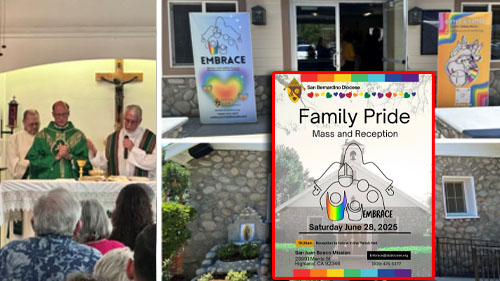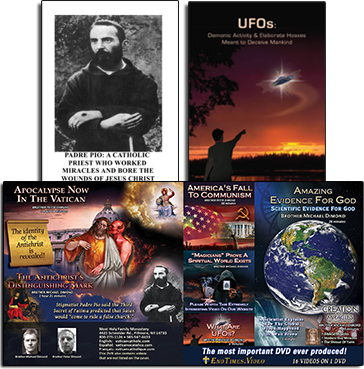Spirituality
St. Alphonsus (1755): “Purity of intention consists in performing all our actions through the sole motive of pleasing God… In the life of St. Pachomius, Surius relates that a certain monk made two mats, whilst his companions made but one; he showed the two mats to St. Pachomius in order to receive praise, but the saint said to the other monks: ‘Behold, this monk worked till night, and has offered his work to the devil.’”
Doctrine
Pope St. Agatho, III Council of Constantinople, 680-681: “… how could a knowledge of the Scriptures, in its fullness, be found unless what has been canonically defined by our holy and apostolic predecessors, and by the venerable five councils, we preserve in simplicity of heart, and without any distorting keep the faith come to us from the Fathers, always desirous and endeavoring to possess that one and chiefest good, viz.: that nothing be diminished from the things canonically defined, and that nothing be changed nor added thereto, but that those same things, both in words and sense, be guarded untouched?”










 " />
" /> " />
" /> " />
" /> " />
" /> " />
" />





